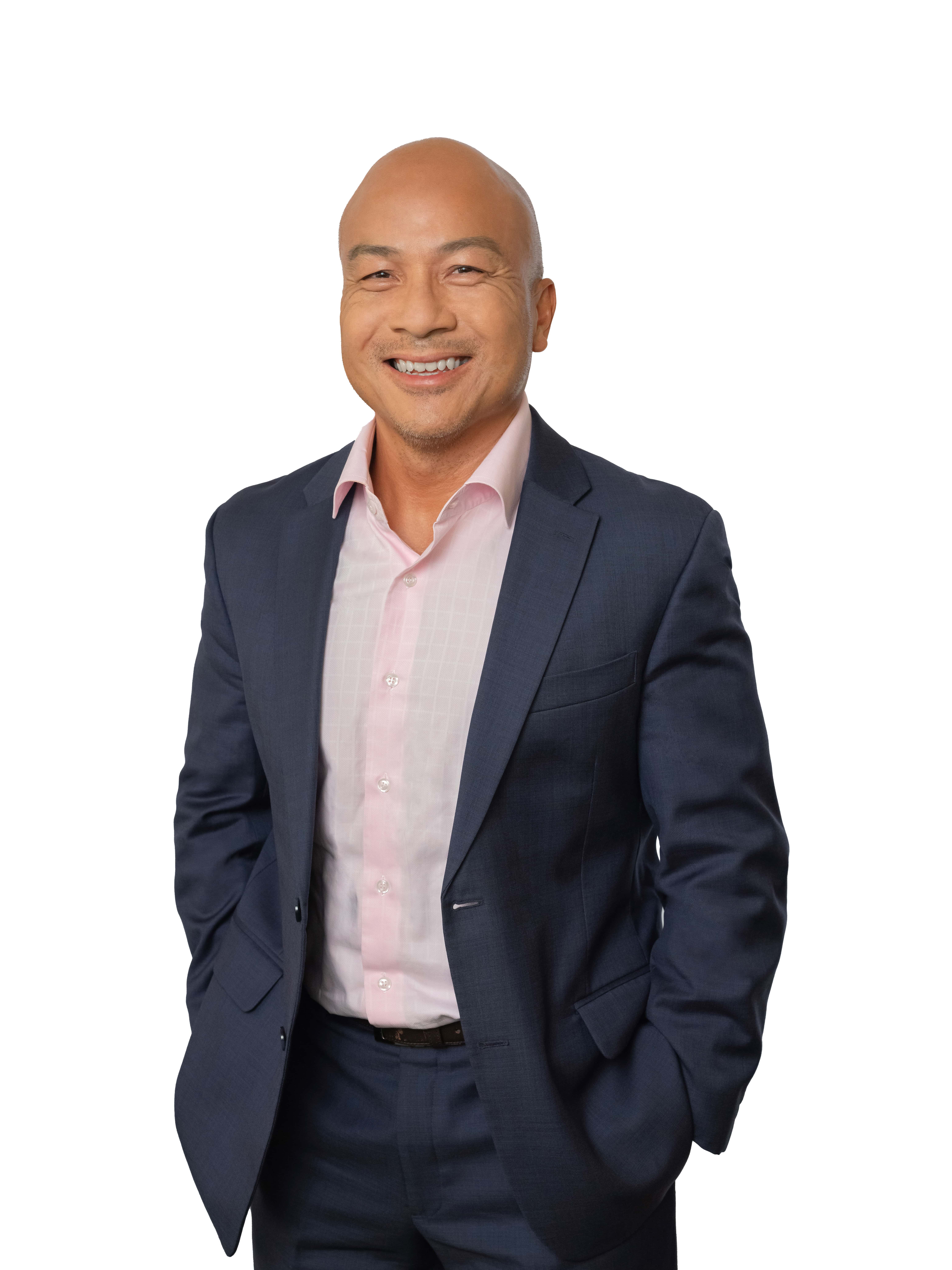The international relations specialist
Leading social sciences and humanities research in a complex world.

Understanding human behaviour and motivation is critical to addressing complex social, ethical and political issues between countries in the ever-evolving geopolitical and technological landscapes of the world.
Prof Joseph Liow is a leading expert in international affairs who fosters better relations between countries.
The international relations specialist wears two hats. As the Tan Kah Kee Chair in Comparative and International Politics, he is passionate about the intricacies of interactions between nations that shape geopolitical scenes. As the Dean of NTU’s College of Humanities, Arts, and Social Sciences, Prof Liow is a firm believer in the importance of the arts, social sciences and humanities in addressing the challenges of rapidly-changing societies.
Prof Liow is also a member of the Social Science Research Council in Singapore, where he helps to promote and support social science and humanities research that is relevant to Singapore and Asia.
In this interview, Prof Liow shares his views on why understanding the human condition is important in mitigating some of the most pressing challenges facing humanity today.
Q: How did you become interested in international relations and why is this subject becoming more relevant in today’s context?
I first became interested in international relations when I was in high school. I was intrigued by how conflicts between countries are triggered and the importance of diplomacy in mitigating these tensions. Thereafter, I pursued my interest in international relations during my undergraduate and PhD studies.
For countries like Singapore that rely heavily on international trade, it is important to have good relations with countries around the world. Recent global events and escalating tensions have made international relations even more relevant. My research aims to shed light on how countries in Southeast Asia can maintain a degree of autonomy on the prevailing geopolitical and geoeconomic landscapes of the region to foster stability and facilitate growth.
I am also interested in how international affairs are shaped by nationalism – the sense of identity and belonging to a nation-state. Being aware of the circumstances that influence international relations is crucial for good governance and economic development.
Q: Could you tell us more about your role as Singapore’s representative on the advisory board of the ASEAN Institute for Peace and Reconciliation?
Political conflicts arise for several reasons, such as when certain communities are marginalised. The ASEAN Institute for Peace and Reconciliation was established under the auspices of the ASEAN Charter to provide a platform for ASEAN member states to foster stability in the region.
As a representative on the advisory board, I share my views and insights on the opportunities and challenges in resolving conflicts. In particular, there is a need to build bridges that enable different communities in a society to reach a common understanding.
Q: In a world shaped by science and technology, why are the arts, social sciences and humanities important?
Understanding human interactions and behaviour sheds light on the public’s responses to advances in science and technology. This will enable us to address the social, ethical and political issues that arise as technological innovations become more sophisticated. Whether or not inventions such as autonomous vehicles are adopted successfully depends on how people perceive and respond to them. For example, are they comfortable riding in self-driving cars? Knowing how people interact with technology is vital for the responsible development and acceptance of future innovations by society.
Q: What skills can university students learn from the arts, social sciences and humanities that will help them thrive in a rapidly evolving world?
An education in the arts, social sciences and humanities will impart skills such as critical thinking and analytical frameworks. As we continue to face new challenges and opportunities, such skills will help students navigate these changing waters.
For instance, by studying significant historic events, we can gain valuable insights for dealing with similar issues in the future. Policymakers who are aware of societal and cultural influences on consumer behaviour and decision-making will be better able to develop policies that benefit the society and economy.
Q: NTU has unveiled a new Social Sciences and Humanities Research 2025 plan (SSHR 2025) that aims to place the University at the forefront of research in the arts, social sciences, humanities, education and business. How is the University poised to build research expertise in these areas?
The SSHR 2025 plan builds upon the NTU 2025 strategic plan, a roadmap that aims to transform research, innovation and education at NTU. The SSHR 2025 plan will develop NTU’s research capabilities in the arts, social sciences, humanities, education and business. Film festivals organised by the University’s Wee Kim Wee School of Communication and Information, art exhibits and fashion shows held by the School of Art, Design and Media, as well as seminars at the School of Social Sciences contribute to a vibrant environment for arts, social sciences and humanities research to flourish.
Q: SSHR 2025 emphasises greater collaboration between science, engineering, technology and mathematics (STEM) researchers and their colleagues in arts, social sciences and humanities. How can they work together to create a more liveable world?
To address multifaceted real-world problems, researchers should be curious about topics that extend beyond the boundaries of traditional disciplines. Funding that supports interdisciplinary research will encourage collaborations between researchers from different fields. At the same time, the University is making concerted efforts to encourage research that lies at the intersections of these disciplines.
The article appeared first in NTU's research & innovation magazine Pushing Frontiers (issue #21, December 2022).

.tmb-listing.jpg?Culture=en&sfvrsn=f43836b1_1)
.tmb-listing.jpg?Culture=en&sfvrsn=fba51b63_1)
.tmb-listing.jpg?Culture=en&sfvrsn=ba129532_1)


.tmb-listing.jpg?Culture=en&sfvrsn=ab6472c8_1)